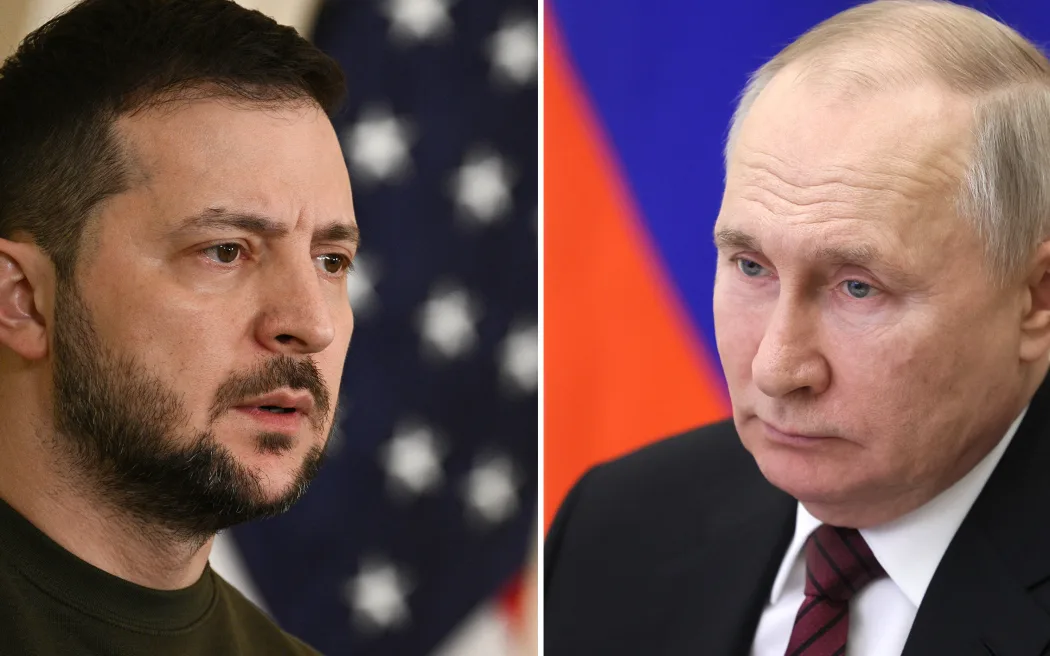Russian President Vladimir Putin has expressed a willingness to engage in direct talks with Ukraine following President Volodymyr Zelenskyy’s call for a 30-day suspension of attacks on civilian infrastructure—marking what some observers see as a potentially significant step toward reducing hostilities in the two-year conflict.
In a televised interview aired Monday, Putin stated he held a “positive attitude towards any peace initiatives,” expressing hope that Ukraine would reciprocate the sentiment. The remarks follow Zelenskyy’s proposal over the weekend for a month-long ceasefire focused specifically on halting long-range drone and missile strikes targeting civilian areas.
The Kremlin later clarified, via spokesperson Dmitry Peskov, that the president’s comments should be interpreted as an invitation to bilateral talks. “When the president said civilian targets should be discussed, including bilaterally, he meant dialogue with the Ukrainian side,” Peskov told Interfax news agency.
Zelenskyy has not directly addressed Putin’s statement but reaffirmed Ukraine’s readiness to pursue dialogue aimed at protecting civilians. In his nightly address, he said, “We are ready for any conversation that brings peace and safety to our people.” On Monday, he again urged Moscow to offer a “clear answer” on whether it would commit to the proposed truce.
Despite the gestures, Putin raised concerns about the feasibility of the plan, alleging that Ukrainian forces were using civilian facilities, such as restaurants and universities, for military operations. “We will assess everything and make appropriate decisions,” he said, indicating a cautious approach to the proposal.
International pressure is mounting for tangible progress. U.S. President Donald Trump warned that Washington may scale back its mediation efforts unless real advancements are made. However, Trump appeared hopeful on Monday, suggesting a peace deal might be reached within days.
Diplomatic momentum is expected to continue with another round of talks in London on Wednesday, involving negotiators from the U.S., Ukraine, the UK, and France. These discussions follow a meeting in Paris last week, where French Foreign Minister Jean-Noel Barrot voiced skepticism over the Kremlin’s intentions during the recent 30-hour Easter ceasefire, calling it potentially a public relations move aimed at appeasing Washington.
Despite diplomatic signals, the conflict on the ground showed no signs of easing. Ukraine’s air force reported that Russia deployed 54 drones in attacks overnight on Tuesday, placing further strain on air defense systems. Simultaneously, Russian media claimed the capture of the Gornal St Nicholas Belogorsky Monastery, described as one of Ukraine’s final defensive positions in the embattled Kursk region.
While diplomatic efforts are intensifying, analysts caution that deep mistrust, divergent goals, and active combat remain significant hurdles to a lasting ceasefire.










